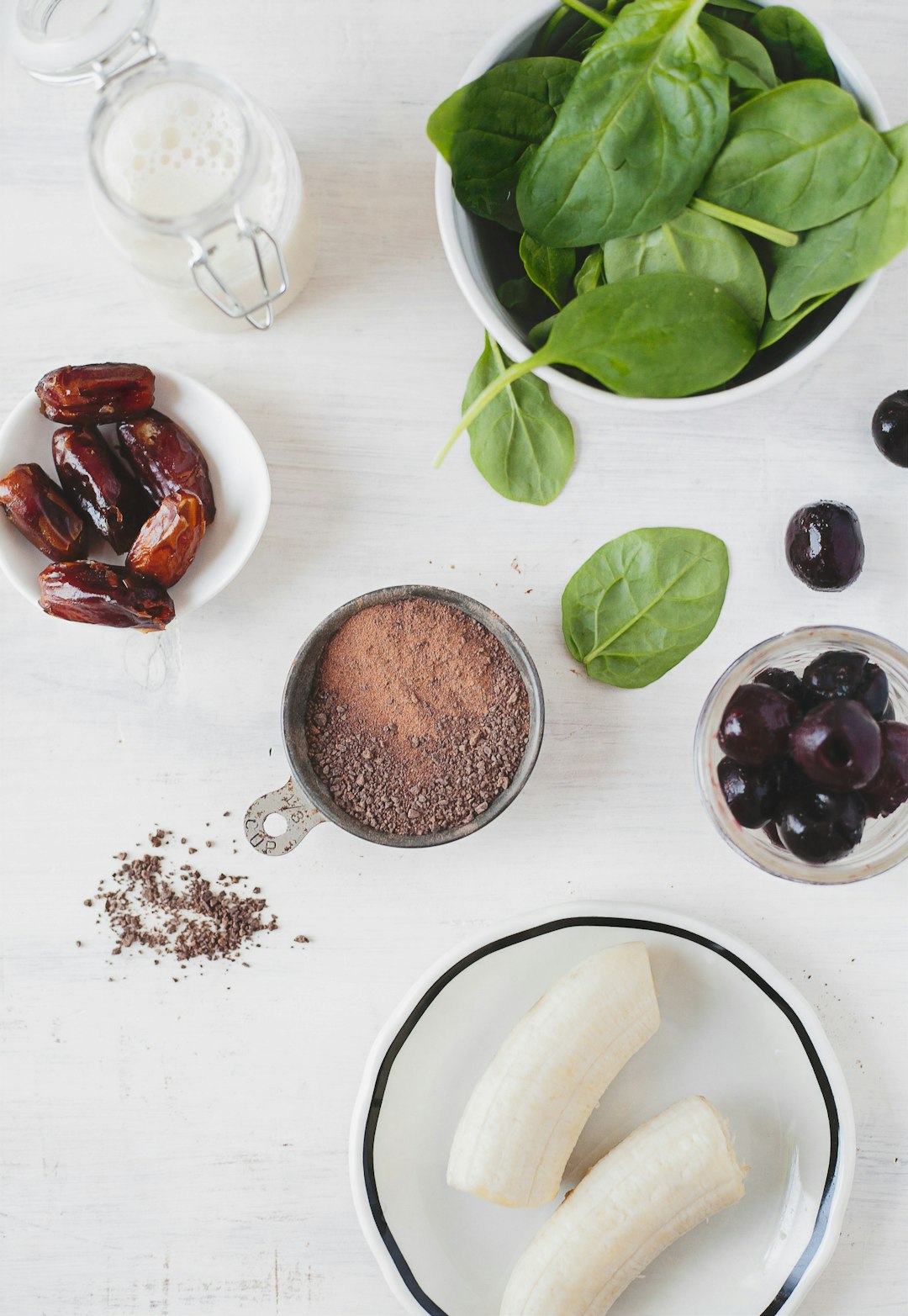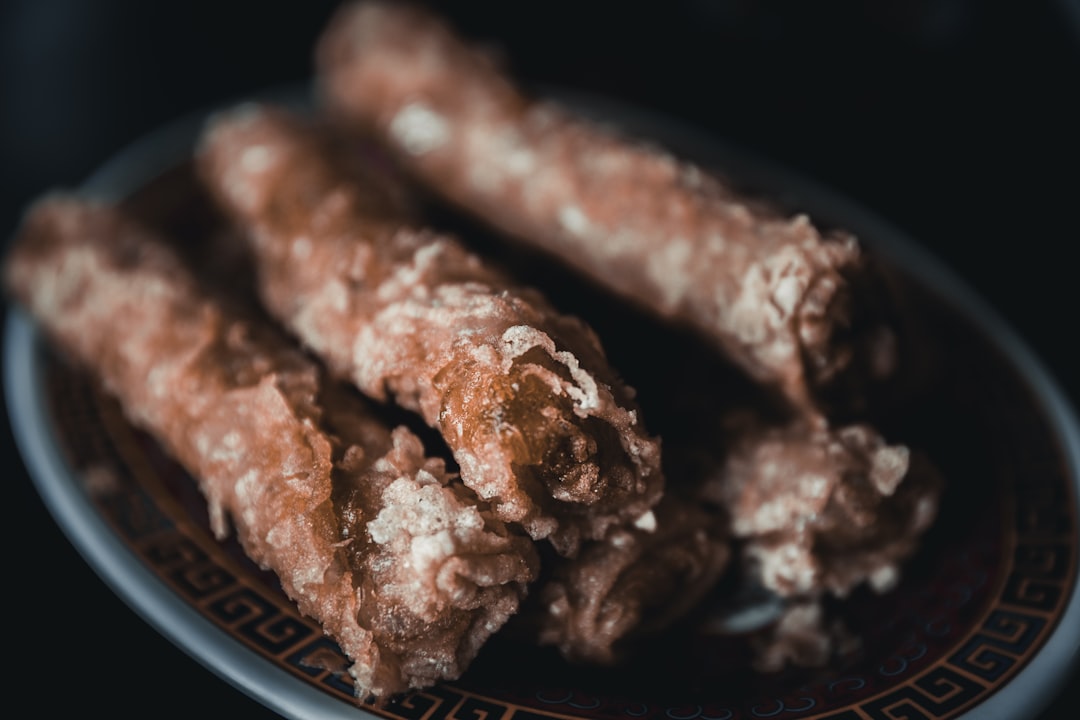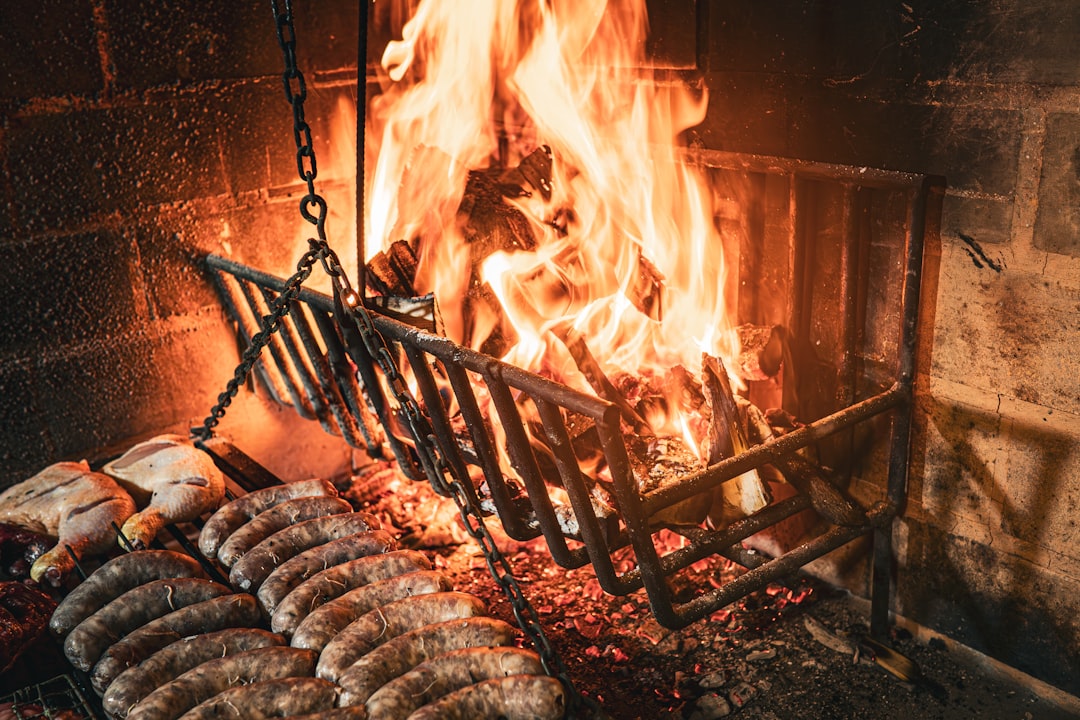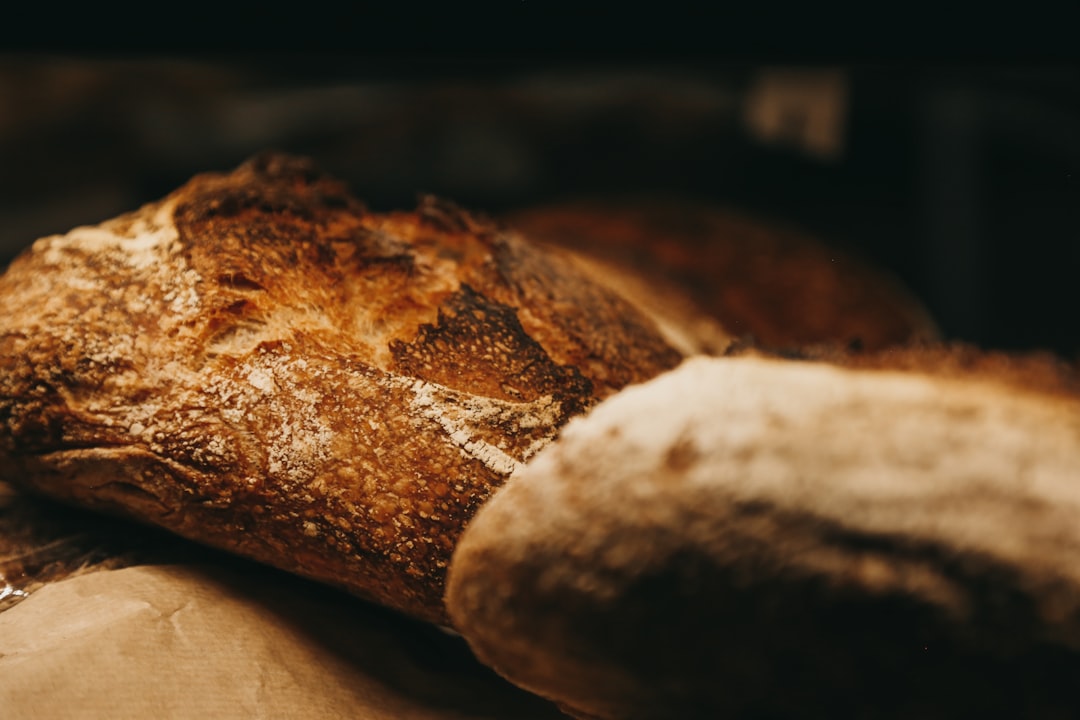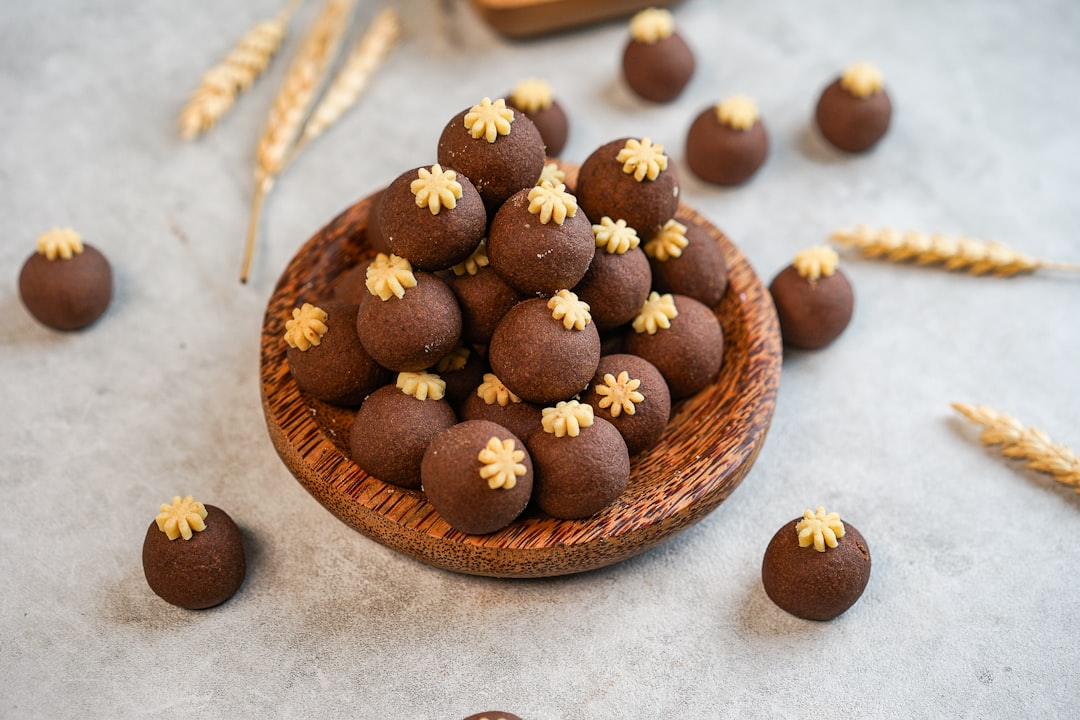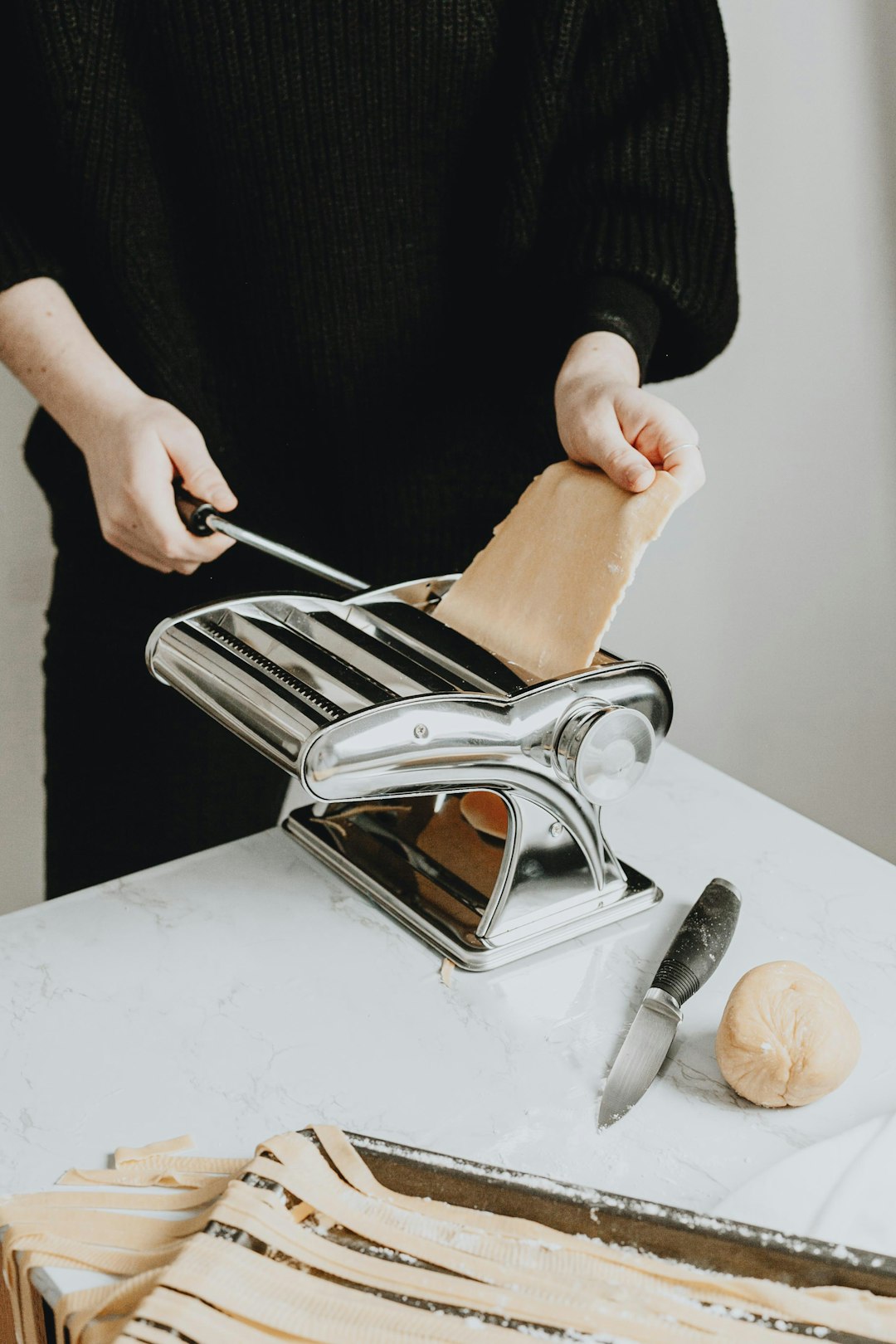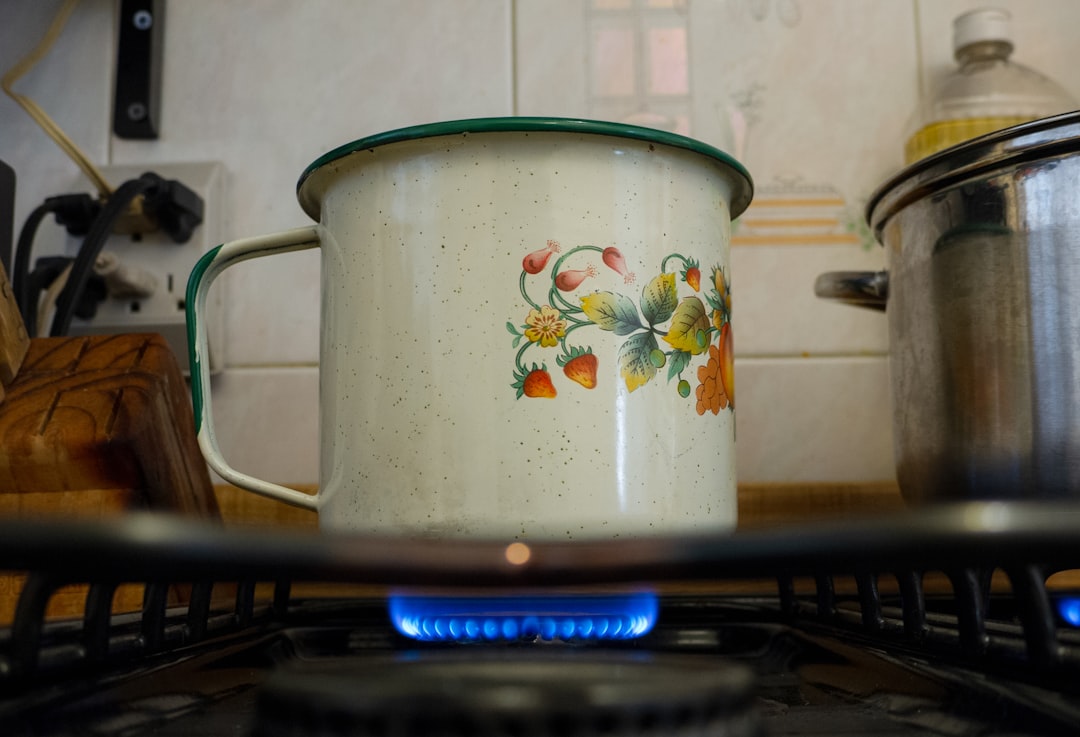
Peanut butter is a beloved staple in many households, offering a rich, creamy flavor that can enhance a variety of dishes. Whether you've stocked up on a conventional jar or prefer the natural spread, knowing how to store peanut butter properly is crucial to maintain its quality and extend its shelf - life. In fact, the tips for storing peanut butter can be applied to all nut butters.
Let's start with the basics of storing peanut butter at room temperature. Conventional peanut butters, which often contain stabilizers to prevent oil separation, can typically be stored in a cool, dry pantry. The ideal temperature range for pantry storage is between 50°F and 70°F (10°C - 21°C). This environment helps keep the peanut butter in good condition for an extended period. However, it's important to note that over time, even conventional peanut butter may experience some oil separation. When this happens, simply stir the oil back into the butter before use.
Natural peanut butters, on the other hand, are a different story. Since they lack the stabilizers found in conventional varieties, they are more prone to oil separation and spoilage. Natural peanut butter should be refrigerated after opening. The cold temperature in the refrigerator slows down the oxidation process, which can cause the peanut butter to go rancid. When refrigerated, natural peanut butter will become firmer, but it can easily be softened by leaving it at room temperature for a short while before use.
Now, let's discuss when and why you might want to refrigerate peanut butter. As mentioned earlier, natural peanut butter is a prime candidate for refrigeration. But even conventional peanut butter can benefit from refrigeration if you live in a hot and humid climate. High temperatures and humidity can accelerate the spoilage process, causing the peanut butter to develop an off - flavor and texture. Refrigerating peanut butter in such conditions can help preserve its freshness and taste.
Another option for long - term storage is to store peanut butter in the freezer. Freezing peanut butter can significantly extend its lifespan. To freeze peanut butter, first, make sure the jar is tightly sealed. If you're using a large jar, you may want to transfer the peanut butter to a smaller, freezer - safe container to reduce the amount of air inside. This helps prevent freezer burn.
When you're ready to use the frozen peanut butter, transfer it to the refrigerator to thaw slowly. Thawing in the refrigerator is the best method as it helps maintain the texture of the peanut butter. Avoid thawing peanut butter at room temperature or in the microwave, as this can cause uneven thawing and may lead to a change in texture.
It's also important to consider the storage of opened and unopened peanut butter differently. Unopened jars of peanut butter can generally be stored for a longer period. Conventional unopened peanut butter can last up to 9 - 12 months in the pantry, while natural unopened peanut butter may have a shorter shelf - life of around 6 - 9 months. Once opened, the clock starts ticking. Conventional peanut butter can last 2 - 3 months in the pantry or up to 6 - 9 months in the refrigerator. Natural peanut butter, when refrigerated after opening, can last 3 - 4 months.
When it comes to food safety, always check for signs of spoilage before using peanut butter. These signs include an off - smell, mold growth, or a change in color or texture. If you notice any of these signs, it's best to discard the peanut butter.
In addition to proper storage, there are some other tips to keep in mind. For example, always use a clean utensil when scooping peanut butter out of the jar. This helps prevent the introduction of bacteria and other contaminants. Also, make sure to wipe the rim of the jar clean after each use to prevent the build - up of peanut butter residue, which can attract pests and promote spoilage.
To sum it up, storing peanut butter correctly is essential for maintaining its quality and safety. Whether you choose to store it at room temperature, in the refrigerator, or in the freezer, following these guidelines will ensure that your peanut butter remains delicious and ready to use for as long as possible. So, the next time you stock up on your favorite peanut butter, you'll know exactly how to keep it in top condition.














